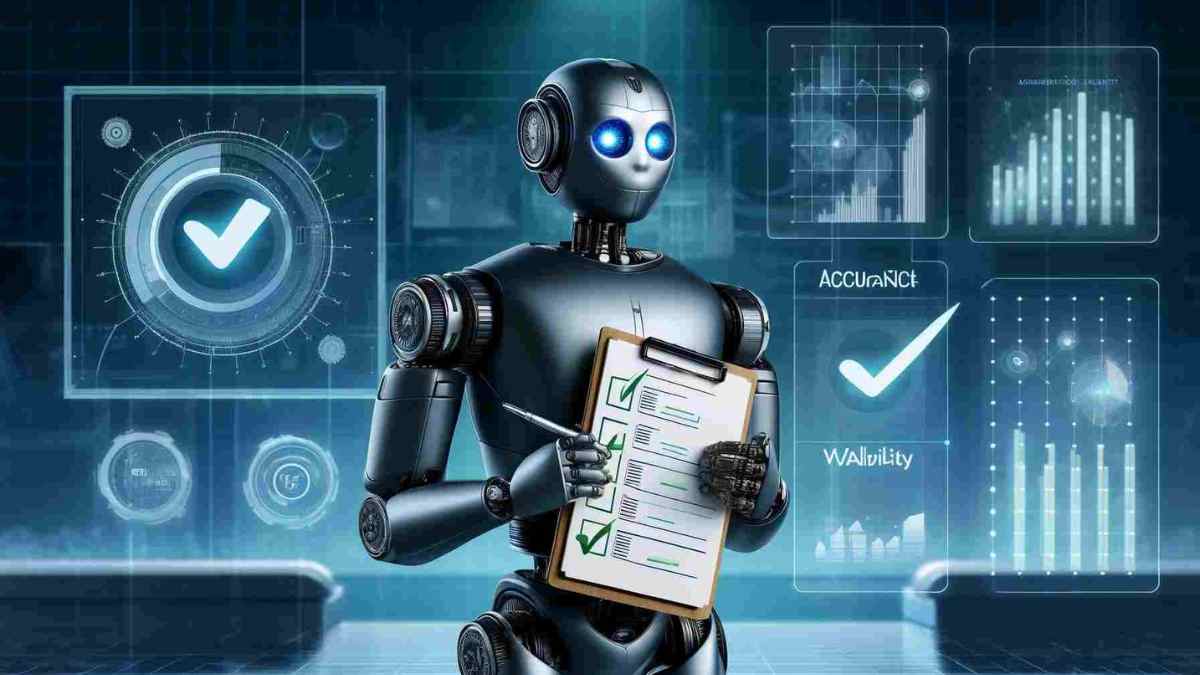In the current age of speedy decision-making and knowledge at our fingertips, validity accuracy and reliability are more important than ever. Choosing wisely about the news we read, the goods we buy, or the services we utilize all depends on these three concepts. To what extent a measure produces the same results in constant conditions is its Reliability. Think of it as an old, dependable car that starts every morning without fail. Something is reliable when you can count on it to work regularly.
Every area of our daily existence is dependent on validity accuracy and reliability. The appliances and the alarm clock that wake us up exemplify how reliability keeps our routines going well. If your coffee maker only rarely, think about that. You were never quite sure when you would get your morning fix! We have peace of mind when things are reliable because we know the goods and services we depend on will function as expected.
Table of contents
What is Validity?
Validity is the state of being true and correct. It concerns whether a concept or measure fairly conveys its intended meaning. For instance, the validity accuracy and reliabilit𝒚 of a test meant to gauge mathematical ability depends more on how effectively it assesses math abilities than reading or memory.
Recognizing Contextual Validity
Tests and measurements are not the exclusive domain of validity. Many aspects of life are related to it. Validity, for instance, guarantees in research that the results drawn are true depictions of the actual world. Validity in regular conversation refers to the truthfulness and applicability of the material offered. It’s about determining the truth, verifying our beliefs or knowledge, and ensuring validity accuracy and reliability in our communications.
How accurate is it?
How well a measurement or outcome represents its actual worth is known as its accuracy. It’s like trying to hit the bullseye on a dartboard; accuracy increases with proximity to the center. Everything from scientific studies to weather forecasts and our opinions depends on validity accuracy and reliability.
The Need for Correct Information
The information age of today depends heavily on validity accuracy and reliabilit𝒚. It might be hard to separate fact from false information when so much data is available. Accurate information helps us avoid errors, make wiser choices, and build confidence in our sources. News headlines, medical advice, or product reviews—accuracy ensures that we are educated and able to make sensible choices.
Validity Accuracy and Reliability about one another
All three validity accuracy and reliability are related, yet each adds something special. Consistency is guaranteed by Reliability, honesty by validity, and precision by accuracy. Together, they constitute a trifecta of traits that raise the standard of knowledge and conclusions. Without one, incomplete or deceptive findings could arise from the compromise of the others.
Actual Case Studies of Validity Accuracy and Reliability
Give the weather forecast some thought. It has to be valid, that is, it has to accurately reflect meteorological conditions, be trustworthy (constant over time), and accurate in its forecasts. Comparably, diagnostic tests in medicine need to be accurate (provide exact values), valid (identify the condition correctly), and dependable (get consistent results). These illustrations show how fundamental validity accuracy and reliability are in many different ways and how much they affect our lives.
Impact of false, incorrect, and misleading information
There might be serious repercussions when information is false, unreliable, or inaccurate. Ignorance can lead to foolish choices, losses of money, and even injury. Unreliable medical tests, for instance, could lead to inaccurate diagnoses; flawed research could affect public policy; and false news could mislead the public. Knowing and anticipating validity accuracy and reliabilit𝒚 helps us to move more skillfully and responsibly through life.
Improving Daily Decision Reliability, Validity, and Accuracy.
We may take several steps to ensure accurate, legitimate, and reliable information supports our decisions. Workable methods include cross-referencing sources, obtaining professional opinions, and challenging the Reliability of the content. Better quality of the information we rely on can lead to better personal and professional results if we are cautious and critical thinkers, emphasizing validity accuracy and reliabilit𝒚.
The Part Technology Plays in Assuring Validity Accuracy and Reliability
Technology has improved validity accuracy and reliability. Modern algorithms and data analytics support information verification, measuring technique improvement, and consistent result delivery. Moreover, With AI-powered healthcare diagnostics and real-time data validation in finance, technology offers us instruments to keep information quality high.
Upcoming Trends: Validity Accuracy and Reliability in the Digital Age
Increasingly important will be validity accuracy and reliability as we enter the digital era. As artificial intelligence (AI) and digital information proliferate, keeping these qualities will get harder and harder to do. Better data integrity protections, more advanced fact-checking algorithms, and increased public understanding of the need for high-quality information ensure validity accuracy and reliabilit𝒚 in future developments.
Summary
Validity accuracy and reliability are essential to our comprehension of and interaction with the world. They guarantee the consistency, correctness, and exactness of the information we utilize, enabling us to make wise decisions. Respecting and demanding these qualities as we negotiate an ever more complex information field will enable us to build a more accurate, valid, and dependable world.
FAQ’s
In what ways is validity different from Reliability?
Whereas validity describes how well a measure represents the subject under evaluation, Reliability describes the consistency of a measure, both being essential for validity accuracy and reliabilit𝒚.
What is the need for accuracy in daily living?
Accuracy assures us that the data we depend on is precise and accurate, which helps us to avoid mistakes and make better decisions, emphasizing validity accuracy and reliability in our everyday choices.
How may the information be made more credible?
Using regular procedures, cross-referencing sources, and depending on reliable, long-standing information sources can help us to improve reliability, thereby ensuring validity accuracy and reliabilit𝒚.
Can facts be accurate and untrue?
Information can be consistent (reliable) yet must precisely convey the intended meaning (valid). For instance, a clock that is always ten minutes fast is reliable but useless for determining the exact time, highlighting the interplay of validity accuracy and reliabilit𝒚.
In what ways may technology increase the accuracy of information?
Complex algorithms used by technology to validate and cross-check data ensure that the information is a true representation of reality, improving validity accuracy and reliabilit𝒚.
We may safely negotiate the complicated world of information if we understand and prioritize validity accuracy and reliabilit𝒚.


